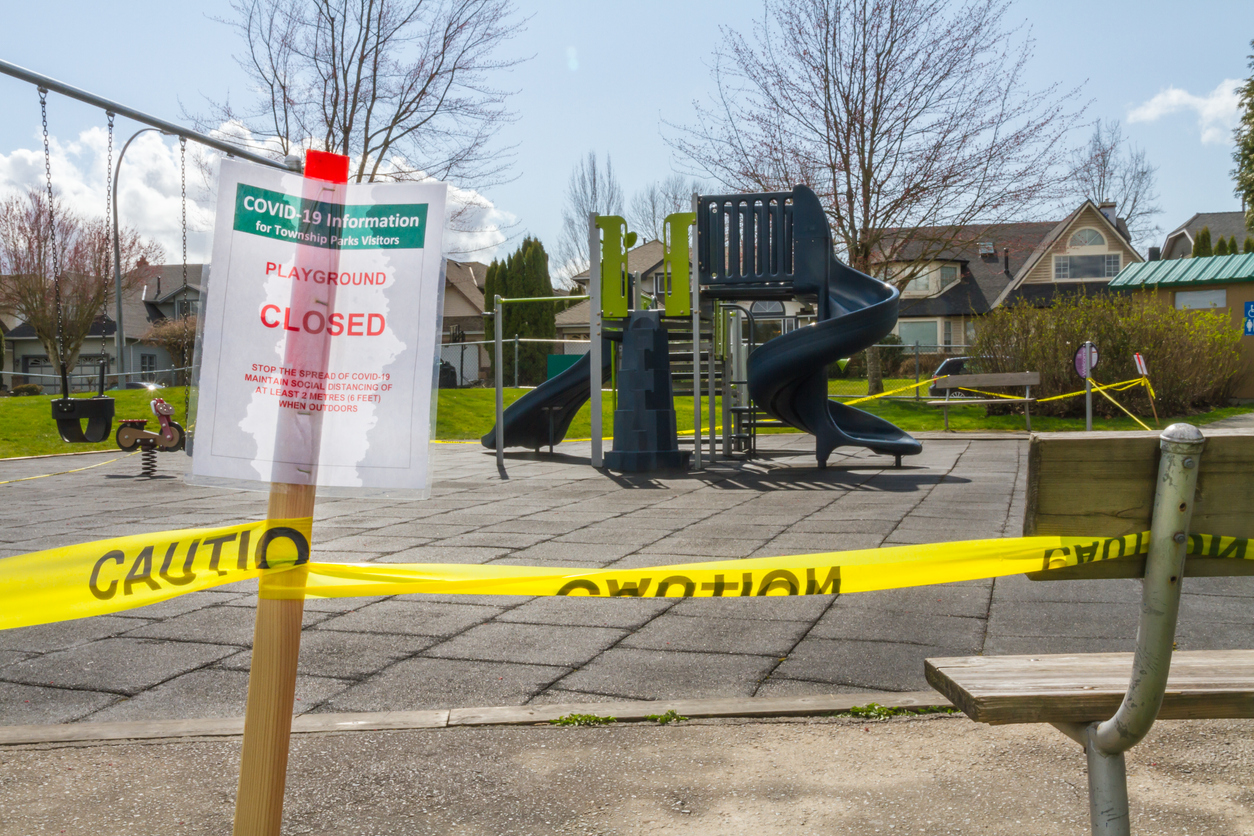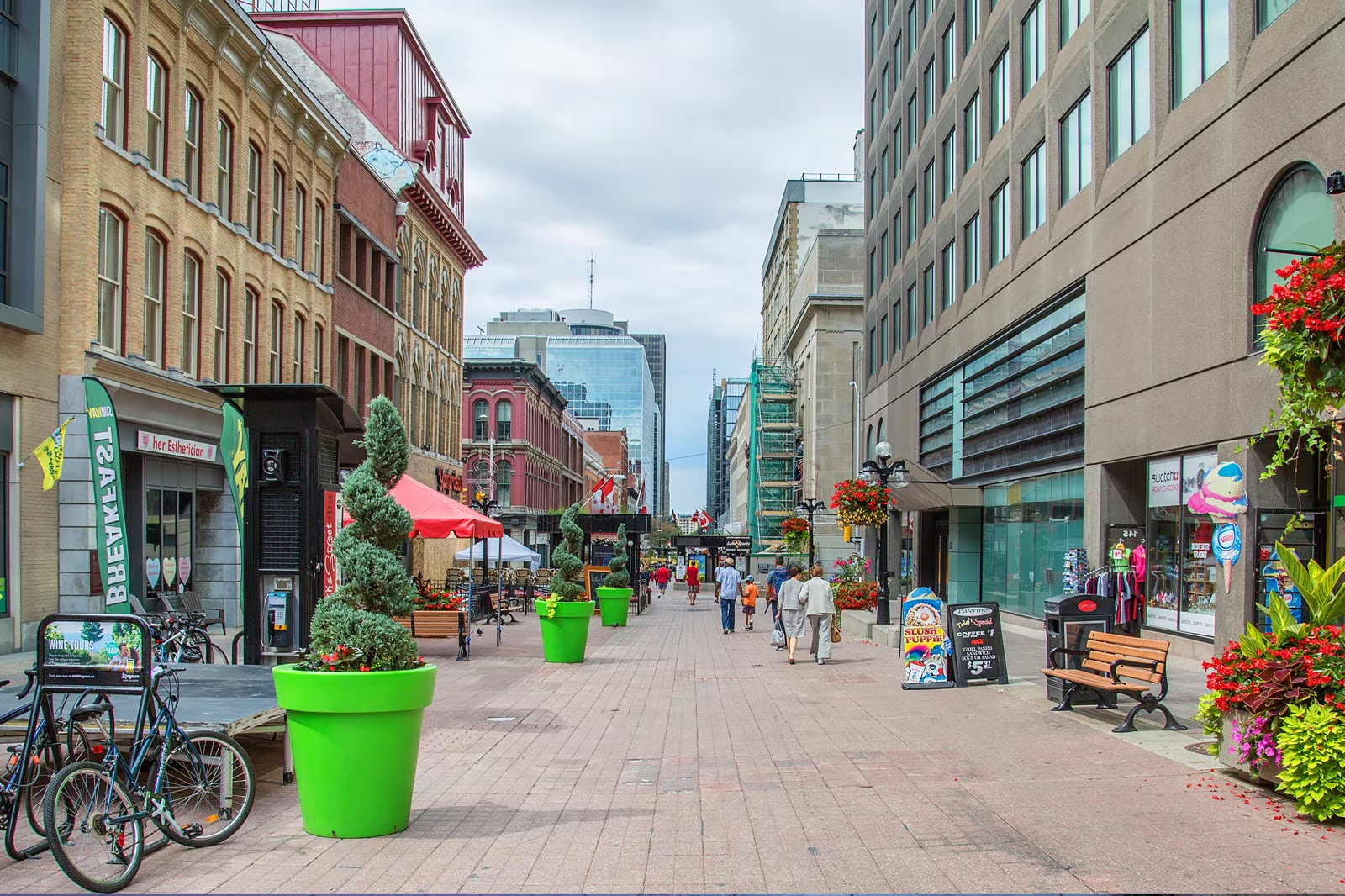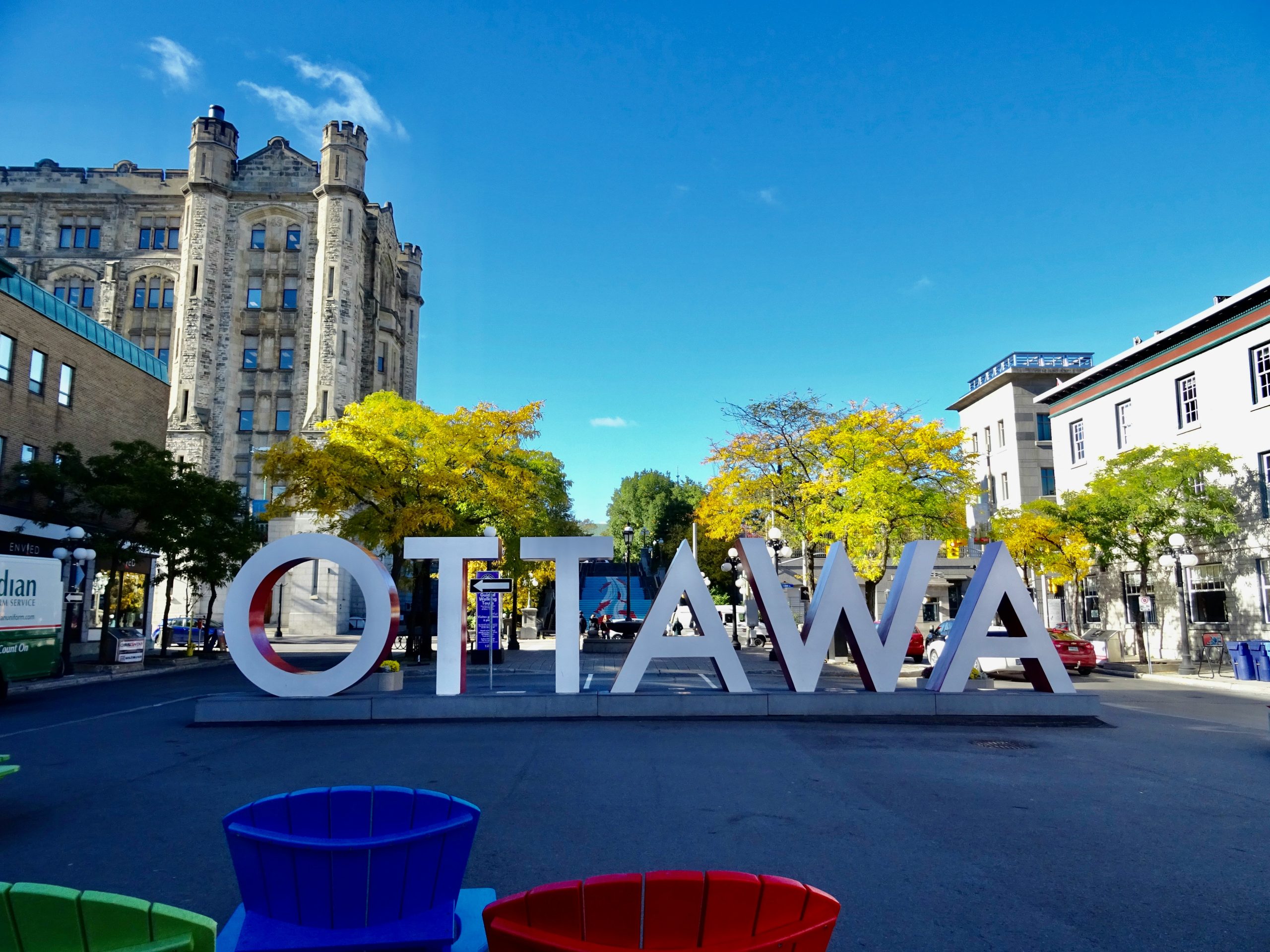Featured Guest
You’ll find this guest among our growing roll of Urban Champions.
-
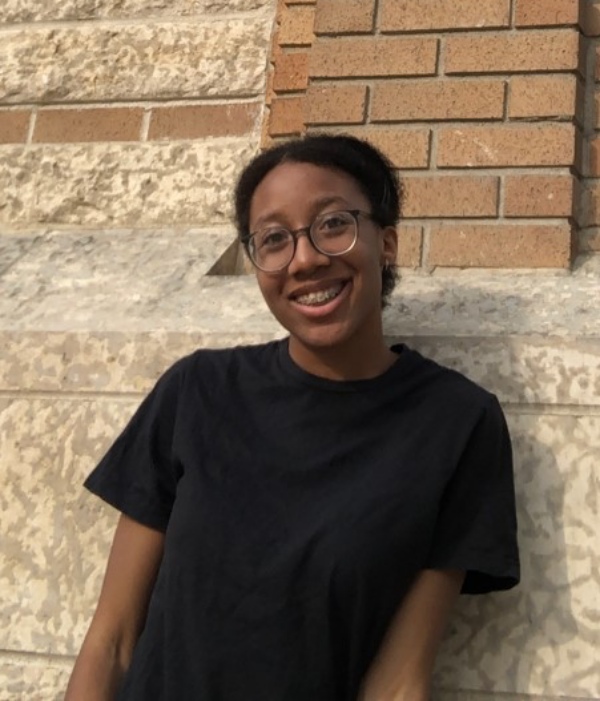
Miatta Dukuly
Youth Advocate
-
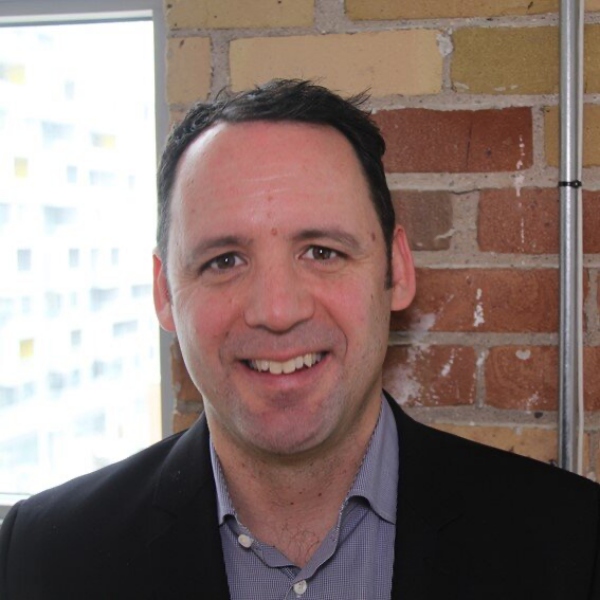
Josh Fullan
Principal Consultant, Maximum City
-
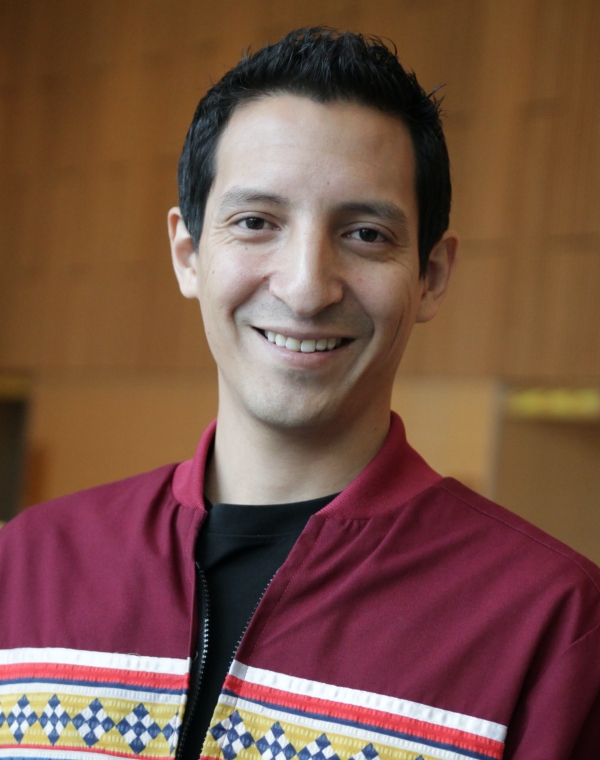
Jordan Bighorn
Co-Director, Community Education Development Association
-

Joe Salmon
Youth Advocate
5 Key
Takeaways
A roundup of the most compelling ideas, themes and quotes from this candid conversation
1. We must enhance youth voices
When developing plans for the future, young people cannot be left out of the equation. Including youth in these conversations, especially during the pandemic, will help develop plans that meet their needs. At the same time, we must find ways to encourage young people to speak out about their experiences. Indeed, this may be one way to help empower young people during and after the pandemic.
2. Young people are experiencing this pandemic in vastly different ways.
No two young people share the same background, circumstance, knowledge or personality. Some young people have been thriving during the pandemic because they can spend more time towards their passion projects. Some are just getting by, and are missing the time spent with friends and classmates. Others, however, are struggling because they are less engaged with their education and lack in-person activities and essential interactions with peers and adults.
3. Schools and parents can’t do it alone
From teachers to parents to mentors, parents and educators are taking on most of the responsibilities when it comes to caring for young people during the pandemic. Continuing in this way is unsustainable – families and schools alike need more assistance. Government and communities need to offer more support for schools and to develop innovative strategies for education and re-opening plans.
4. Provide flexibility
Young people are coming of age during a tumultuous time without activities, physical contact and their usual support systems. Rather than pressing for traditional coursework, teachers should instead prioritize flexibility when it comes to academic assessment. For example, students can pursue passion projects during their spare time, or seek to engage with their local communities. Indeed, this can be continued after the pandemic with the help of their teachers and communities. Many schools have already shown students flexibility by adjusting grading systems, but such approaches should also be adjusted on a long-term basis.
5. Schools must be made more accessible
Schools should be made more open for students to access, regardless of background, identity, ability, or learning style. This includes supplementing online learning with other delivery options. Indeed, one of our panelists offered the concept of “raising the walls” around schools.|
Additional Reading & Resources
CanAge – Canada’s National Seniors Advocacy Organization
Federation of Canadian Municipalities Street Rebalancing Guide
Healthy Ageing CORE (Collaborative Online Resources and Education) Alberta
“ ‘Disturbing’ Ont. long-term care home report doesn’t come as a surprise to families” (CTV News)
Full Panel
Transcript
Note to readers: This video session was transcribed using auto-transcribing software. Manual editing was undertaken in an effort to improve readability and clarity. Questions or concerns with the transcription can be directed to events@canurb.org with “transcription” in the subject line.
Full Audience
Chatroom Transcript
Note to reader: Chat comments have been edited for ease of readability. The text has not been edited for spelling or grammar. For questions or concerns, please contact events@canurb.org with “Chat Comments” in the subject lin
From Canadian Urban Institute: You can find transcripts and recordings of today’s and all our webinars at https://canurb.org/citytalk
12:01:29 From Canadian Urban Institute: Welcome! Folks, please change your chat settings to “all panelists and attendees” so everyone can see your comments.
12:02:13 From Canadian Urban Institute: You can find transcripts and recordings of today’s and all our webinars at https://www.canurb.org/citytalk
12:03:04 From Canadian Urban Institute: Keep the conversation going #citytalk @canurb
12:04:15 From Camila Uriona to All panelists: Hello to all! And thank you for helping us understanding youth perspectives regarding the pandemic
12:04:52 From Canadian Urban Institute: Folks, please change your chat settings to “all panelists and attendees” so everyone can see your comments.
12:16:26 From Abigail Slater (SCT): Did this group see a vast difference in access to technology among their schools and friends?
12:16:47 From Salman Faruqi: How did your assignments/school work change since the pandemic started (e.g. more open book work)?
12:20:59 From Patricia Lewis: My son just took an online class in computer science and loved it. Learned new things every day. This wasn’t offered as a result of COVID. It was a standard summer school offering through our school board. Worked perfectly. 1.5 hours of live lectures each morning and then remainder of day to do assignments. Wish all online learning could be this effective.
12:22:14 From Purshottama Reddy: The point of technology is important – access and also the capacity to manage the technology. Were there challenges in this regard ?
12:31:26 From Patricia Lewis: NYTimes did a great article on a proposed plan for return to school. Have schools (and other community spaces) open for students who need access to tech or who do not have reliable internet, or for those with particular learning needs. These spaces would not be for instruction, but rather to help students access what they need. Spaces could be administered by univ/college students (or other) and could also provide spaces for counselling, etc. Perhaps this model could be used to accommodate some of the social programs or extracurricular activities that are significant part of school life for many students.
12:31:53 From sebastien pentland-hyde to All panelists: In montreal playgrounds are open. It’s not about density it’s about policy. covid was under control in denser countries like Korea.
12:32:32 From Canadian Urban Institute: Reminding attendees to please change your chat settings to “all panelists and attendees” so everyone can see your comments. Thanks!
12:34:32 From Zoë Mager: Do the panelists think it would feel safer to have more parks and public space in cities for everyone to enjoy and move around outside with lots of space?
12:35:57 From Abigail Slater (SCT): We can hear you.
12:36:03 From Zoë Mager: We have a bunch of streets closed in Winnipeg! 1 block for cars rule.
12:37:04 From Abigail Slater (SCT): Are students or student leaders being consulted on the (at the moment no planning)…planning process for returning to school? I wonder if middle or high school students are part of the consultation?
12:38:42 From Caroline Poole, CUI Staff: Today’s panelists are:
Miatta Dukuly, a 16y/o from Winnipeg, MB
Joe Salmon, a 16y/o from Vancouver, BC
Zoë Bennett, a 12y/o from Toronto, ON
Jordan Bighorn from the Community Education Development Association
Josh Fullan, Director of Maximum City
12:40:49 From Lisa Heggum: Yes to outside classrooms!
12:41:35 From Rick Merrill to All panelists: The Oshawa Institute of Technology held an entire term in tents.
12:41:35 From Caroline Poole, CUI Staff: Learn more about Jordan’s and Josh’s work here:
Jordan Bighorn: https://twitter.com/jordanbighorn
Josh Fullan: https://twitter.com/JoshFullan
12:45:26 From Abigail Slater (SCT): As previous panels have said, we have to get women/families back to work and need childcare.
12:45:48 From Patricia Lewis: Yes, to collective responsibility!
12:46:42 From Kimberly Trusty: Yes to centre-ing youth ideation and decision making!
12:47:45 From Abigail Slater (SCT): Thanks @Canurb for asking!
12:48:08 From stephanie watt: municipalities clearly have a role to play!
12:49:27 From Patricia Lewis: Experiential learning opportunities are everywhere in our communities. When I was a kid we used to take advantage of everything our communities offered. Somewhere along the way we moved away from this because of liability excuses, etc.
12:49:37 From Irena Kohn: frozen
12:49:56 From Abigail Slater (SCT): Let Mary know you are asking! It does not go silent when she does!
12:52:10 From Canadian Urban Institute: You can find transcripts and recordings of today’s and all our webinars at https://www.canurb.org/citytalk
12:52:42 From stephanie watt: I see connections to be made between the CUI, Maximum City and the CCRC (Canadian Coalition for the Rights of Children)!
12:52:51 From Canadian Urban Institute: Keep the conversation going #citytalk @canurb
12:54:25 From Canadian Urban Institute: What did you think of today’s conversation? Help us improve our programming with a short post-webinar survey – https://bit.ly/3huXi1y
12:55:17 From Josh Fullan to All panelists: sharing a link to our study: https://maximumcity.ca/wellbeing
12:55:43 From Abigail Slater (SCT): Thank you for this conversation and for finding such a range of young leaders.
12:55:49 From Josh Fullan to All panelists: And if you are young person who wants to tlak aobut what you are going through during covid, please do
12:56:08 From Josh Fullan to All panelists: We have heard that talking helps folks feel better
12:56:25 From Canadian Urban Institute to Josh Fullan(Privately): Josh, change your settings to include attendees…
12:56:37 From Josh Fullan: trusted adult, friend, or resource like kidhelphone.ca
12:56:59 From Zoë Mager: Yes!
12:57:13 From Abigail Slater (SCT): yes…
12:57:30 From Canadian Urban Institute: From Josh: sharing a link to our study: https://maximumcity.ca/wellbeing
12:58:16 From Holly Flauto: Nice talk!
13:00:17 From Lisa Heggum: Thanks so much, all. This has been great.
13:00:26 From Kimberly Trusty: That was so useful. Thanks all!
